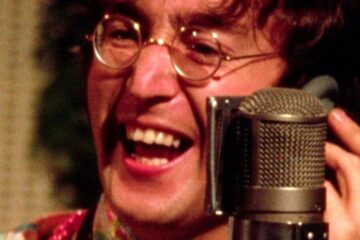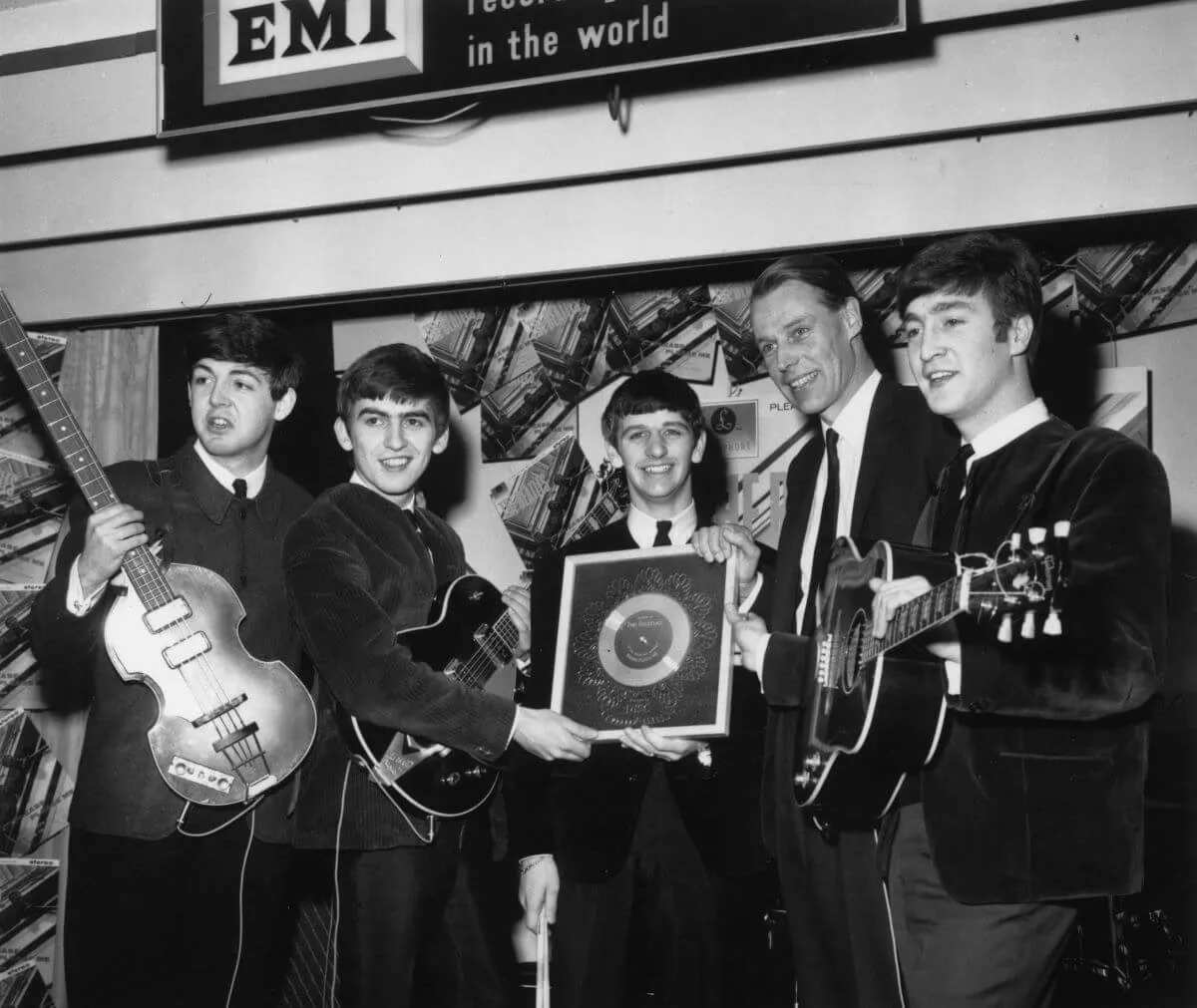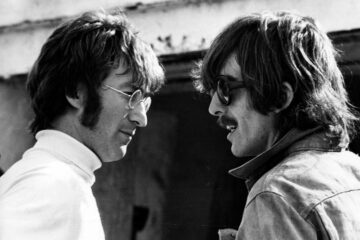It’s difficult to think that one of the biggest bands the world has ever known may have missed out on fully capitalising on their potential. The Beatles dominated the entire globe for some years, but they arguably could have been an even bigger phenomenon had their guitarist, George Harrison, been able to escape his moniker as the ‘Quiet Beatle’ earlier than he did.
It’s perhaps even stranger to think that, within the band covered in all the affectations that fame and fortune provide, there was a very unhappy man in Harrison. The songwriting struggle Harrison faced within the group have been widely documented as he found it difficult to get beyond the blockade of John Lennon and Paul McCartney with any real consistency. The internal and external struggles within the group Harrison faced can be counted as one of the chief reasons they disbanded in the first place.
For much of their time together, Lennon and McCartney were the primary songwriters of the band. Although Lennon eventually allowed McCartney to contribute more songs after showing an interest in writing, Harrison faced a different reality. When Harrison expressed his desire to write, he was largely sidelined. Over the years, he gradually managed to contribute more tracks, but it was a slow and challenging process. Combined with the relentless business meetings and questionable dealings that came with being in the world’s biggest band, it’s easy to understand why he might have needed a break. During one such break, however, George Harrison would go on to write one of The Beatles’ greatest songs.
Being in The Beatles was no longer all about being chased down the road by packs of screaming girls, nor topping charts with toe-tapping ditties. By 1969, being a member of the Fab Four was a gruelling task with legal disputes, business issues, and a general sense of impending pressure. It’s no wonder that that pressure needed to be released. For Harrison, he would always turn to his best pal Eric Clapton for that freedom.
After a particularly challening period, Harrison decided enough was enough and he needed to get away from The Beatles if—only for a short while. The release of pressure allowed him to pen one of his most beloved songs, Abbey Road’s ‘Here Comes The Sun’. Harrison escaped the Apple HQ and headed to Clapton’s house in Ewhurst in Surrey. In The Beatles’ Anthology, Harrison picks up the story: “‘Here Comes The Sun’ was written at the time when Apple was getting like school, where we had to go and be businessmen: ‘Sign this’ and ‘Sign that’.”
“Anyway, it seems as if winter in England goes on forever; by the time spring comes you really deserve it,” he added. “So one day I decided I was going to sag off Apple, and I went over to Eric Clapton’s house. The relief of not having to go and see all those dopey accountants was wonderful, and I walked around the garden with one of Eric’s acoustic guitars and wrote ‘Here Comes The Sun’.”
Speaking at the time, Harrison also suggests the song has a kindred soul in ‘If I Needed Someone’ and The Byrds song ‘Bells of Rhymeney’: “It was written on a nice sunny day this early summer, in Eric Clapton’s garden,” he said. “We’d been through hell with business, and on that day I just felt as though I was sagging off, like from school, it was like that. I just didn’t come in one day. And just the release of being in the sun and it was just a really nice day. And that song just came. It’s a bit like If I Needed Someone, you know, like that basic sort of riff going through it is the same as all those ‘Bells Of Rhymney’ sort of Byrd-type things.”
The poetry of the moment is captured in Harrison’s songwriting and sees the guitarist expertly contain the joy of spring and sunshine. In the studio, the song would use a then-recent invention from Robert Moog—the synthesiser. Speaking in Anthology, Harrison said of the choice: “I first heard about the Moog synthesiser in America. I had to have mine made especially because Mr Moog had only just invented it. It was enormous, with hundreds of jackplugs and two keyboards.”
“But it was one thing having one, and another trying to make it work,” he continued. “There wasn’t an instruction manual, and even if there had been it would probably have been a couple of thousand pages long. I don’t think even Mr Moog knew how to get music out of it; it was more of a technical thing. When you listen to the sounds on songs like ‘Here Comes The Sun’, it does do some good things, but they’re all very kind of infant sounds.”
For Harrison, there couldn’t be a song more akin to his standing at the time. Within The Beatles set-up, he was frustrated and stifled at every turn, more useful for his signature than anything else. The studio was tough and the stage was now non-existent. The Fab Four had lost its glimmer. Away from The Beatles, however, whether it is with Bob Dylan or Eric Clapton, he was able to write some of his most poignant and poetic songs. It was the sign he needed to tell him to get out of the Fab Four and start out on his own.
If writing a song like ‘Here Comes The Sun’ doesn’t tell you to start getting out of the office more, then we don’t know what will.



